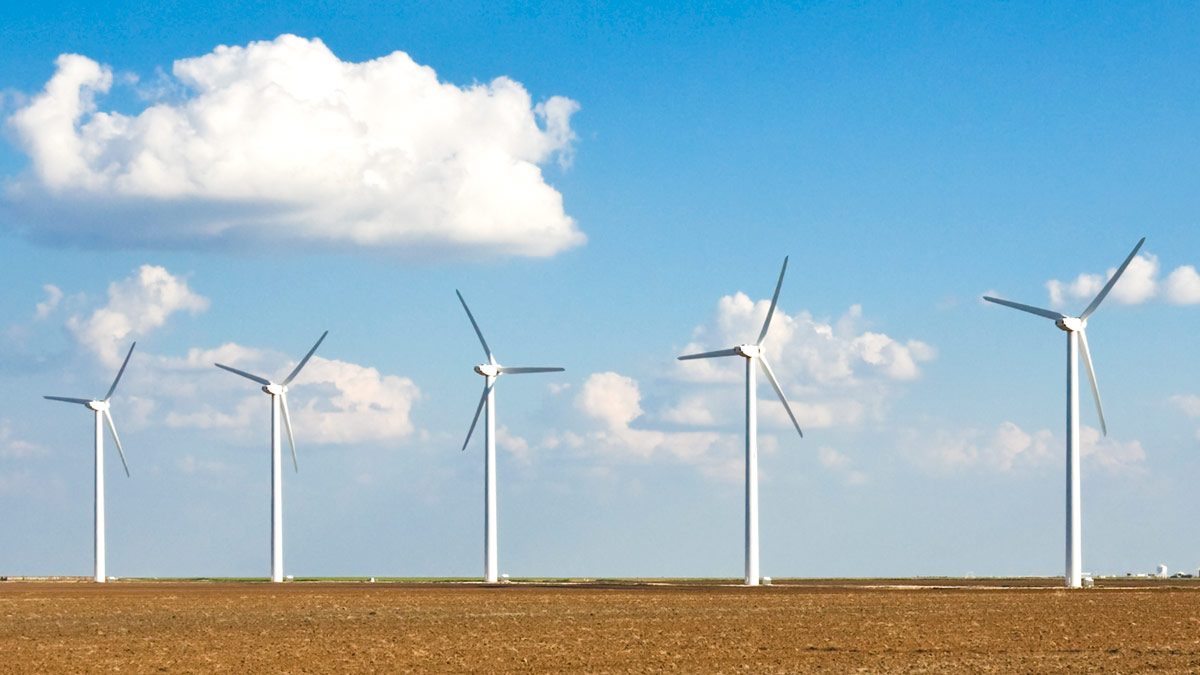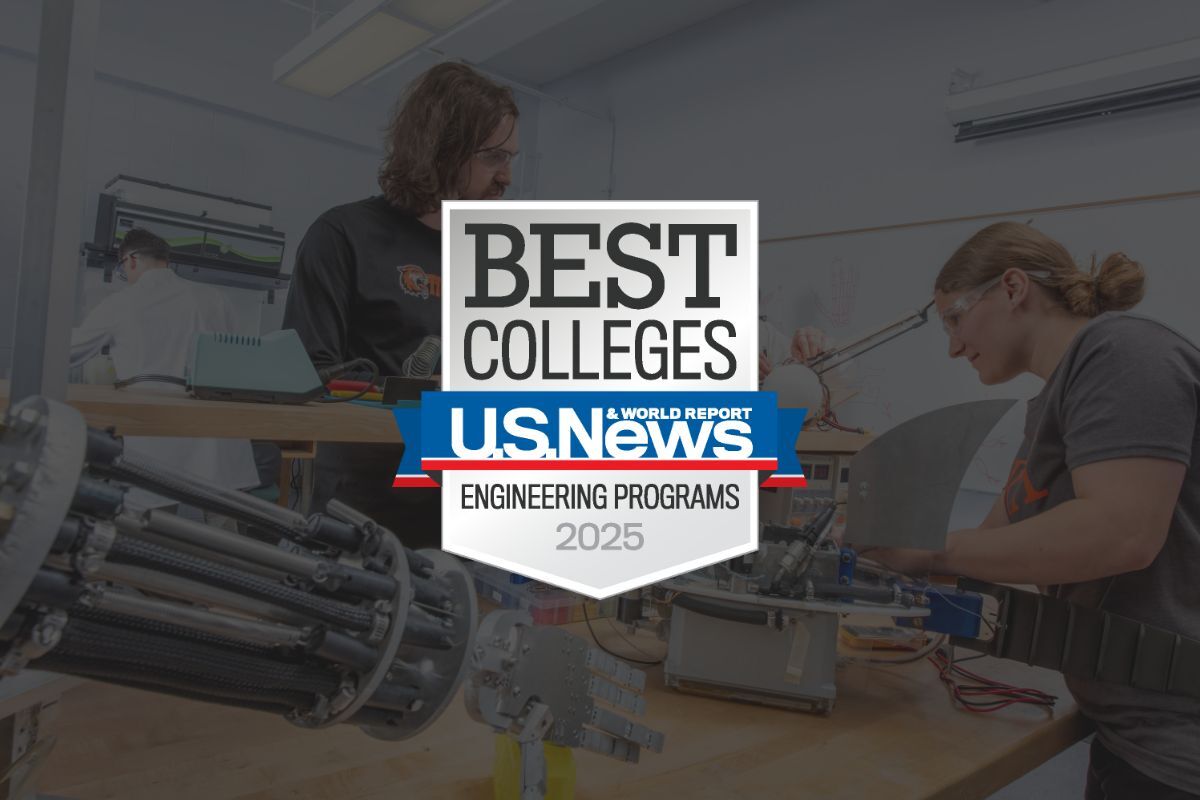Energy and the Environment Option - Mechanical Engineering BS

Energy and the Environment Option
Mechanical Engineering BS
- RIT /
- College of Engineering /
- Academics /
- Energy and the Environment Option - Mechanical Engineering BS
The energy and environment option is focused on identifying, developing, and effectively utilizing alternative energy systems.
Overview for Energy and the Environment Option - Mechanical Engineering BS
Immersive co-op experiences in companies and organizations that focus on sustainable energy, alternative energies, and energy management.
Advanced course work focuses on the principles and dynamics of energy and the environment.
A two-semester multidisciplinary senior design project focused on creating, improving, or advancing energy systems.
STEM-OPT Visa Eligible: The STEM Optional Practical Training (OPT) program allows full-time, on-campus international students on an F-1 student visa to stay and work in the U.S. for up to three years after graduation.
More than ever there is an intensive focus on identifying, developing, and effectively utilizing alternative energy systems. The energy and environment option is focused on the contemporary issues facing the fields of energy and the environment and how engineers can best develop modern technologies that are kinder to the environment while providing the energy resources we need. This option is part of the mechanical engineering BS degree.
Modern technologies, including wind turbines, solar energy, geothermal systems, fuel cell technology, and alternative energy systems, are at the core of finding new ways to harness energy without harming the environment. This option is uniquely suited to those interested in pursuing careers associated with energy-intensive systems and how they relate to the environment.
Advanced Electives
The energy and the environment option provide you with in-depth knowledge in mechanical engineering and its connections to the fields of energy and the environment. The option begins with a course sequence that starts in the third year of your mechanical engineering program. This ensures that you have developed the foundational mechanical engineering skills needed for specialization in more advanced course work that focuses on the principles and dynamics of energy and the environment. You’ll take an introductory course (Contemporary Issues in Energy and Environment) followed by courses in areas such as sustainable energy for transportation, wind turbine engineering, renewable energy, thermodynamics, and turbomachinery, among others.
Multidisciplinary Senior Design
Multidisciplinary Senior Design is a two-course sequence in your final year of study. It’s a capstone learning experience that integrates engineering theory, principles, and processes within a collaborative team environment. Multidisciplinary student teams follow an engineering design process, which includes assessing customer needs, developing engineering specifications, generating and evaluating concepts, choosing an approach, completing systems and subsystems designs, and implementing the design to the extent feasible, for example by building and testing a prototype or implementing a chosen set of improvements to a process. You’ll apply the knowledge you have learned in the classroom and from your co-op experiences to this design project. Students in the energy and environment option are expected to work on an energy systems design project.
-
#51 Best Engineering Undergraduate Programs, 2025
RIT’s engineering majors are ranked among the Best Undergraduate Engineering Programs in the nation.
-
Accepted Student Open House
Visit campus on March 29 or April 5 to meet faculty, tour campus, and ask your questions.
Careers and Cooperative Education
Cooperative Education
What’s different about an RIT education? It’s the career experience you gain by completing cooperative education and internships with top companies in every single industry. You’ll earn more than a degree. You’ll gain real-world career experience that sets you apart.
Co-ops and internships take your knowledge and turn it into know-how. Your engineering co-ops will provide hands-on experience that enables you to apply your engineering knowledge in professional settings while you make valuable connections between classwork and real-world applications.
All engineering majors are required to complete nearly one year (48 weeks) of cooperative education experience. For students in the energy and environment option, your co-ops are expected to take place in energy companies or in organizations that focus on sustainable energy, alternative energies, and energy management. A sample of companies that hire RIT students for co-ops and for full-time employment includes BME Associates, Con Edison, Constellation Energy, Ostrow Electric, and National Fuel Gas Company, to name a few.
Admissions and Financial Aid
This program is STEM designated when studying on campus and full time.
This option is part of the Mechanical Engineering BS. Please visit the degree program page for admission requirements.
Financial Aid and Scholarships
100% of all incoming first-year and transfer students receive aid.
RIT’s personalized and comprehensive financial aid program includes scholarships, grants, loans, and campus employment programs. When all these are put to work, your actual cost may be much lower than the published estimated cost of attendance.
Learn more about financial aid and scholarships




